Henna is a part of old civilizations, and its origin lies somewhere in Ancient Egypt, probably thousands of years ago. However, in modern times, this beautiful art is a part of the traditions in several world cultures. This is due to the cross-cultural communications transmitted across, including Indian culture.
What is Henna?
The word ‘Henna’ is a small flowering shrub with diversified uses. The fragrant flowers are used to create perfume, and the leaves, when dried, are used for dying hair, clothes, and temporarily on the skin.
Henna in Indian Culture
Henna art has significance in Indian traditions and culture, from weddings to medicine. As a result, the Indian culture has great traditional value for it.
Beautifying the Indian Brides
The night before the wedding, the bride’s hands and feet are beautified with Mehendi (Henna art). It is a part of traditional values wishing the bride prosperity and good health for her journey ahead. Nowadays, tradition has moved a step forward. Now, the bridegroom’s hands are also beautified with the art.
The art is so beautiful and eye-catchy that it has clicked neighbourhood countries. In modern times, some institutes teach the art of Henna.
Women at Childbirth
Women’s hands are decorated with it at childbirth so they can avoid household tasks. It is also thought that Henna bestows blessings and good luck at birth.
Henna is a part of every happy occasion and ceremony. Cultural it’s believed to bring prosperity, happiness, and good health to the mother and baby.
Curing Skin Diseases
Henna is a small flowering shrub with medical uses for skin. In the past, it was mainly used to cure skin diseases. At the time, it was used for decoration and medical purposes. When your body fights infection cells, and the skin gets hotter, it saves the day as it is naturally cold and leaves a pleasant effect on your skin.
Follow me on Instagram @KultureKween for more recent updates.
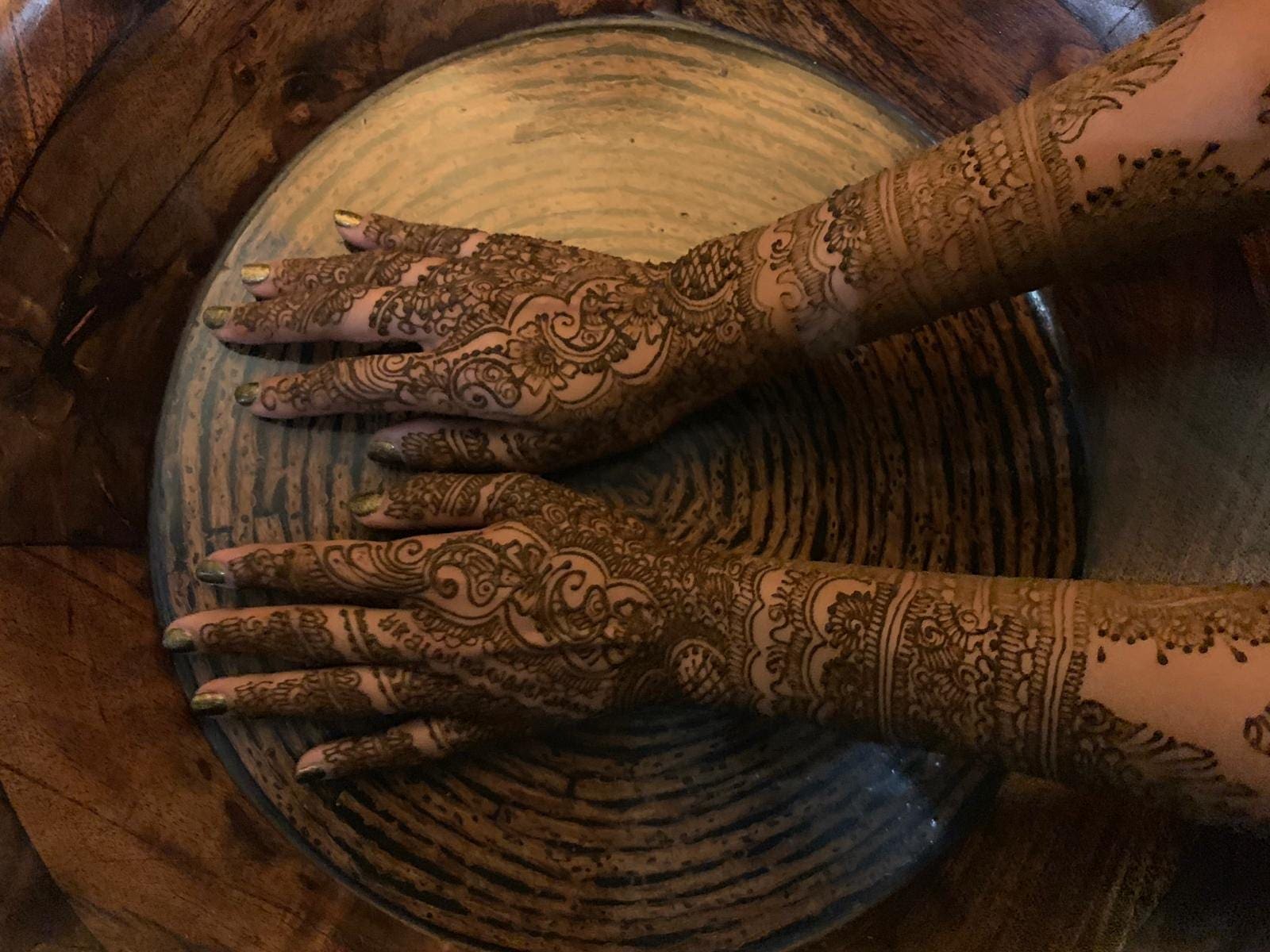
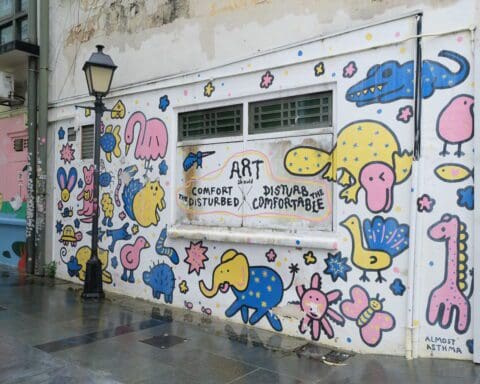

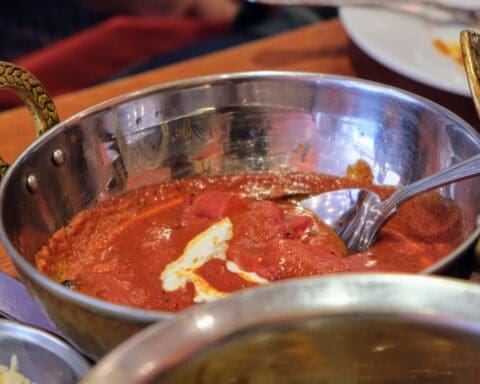
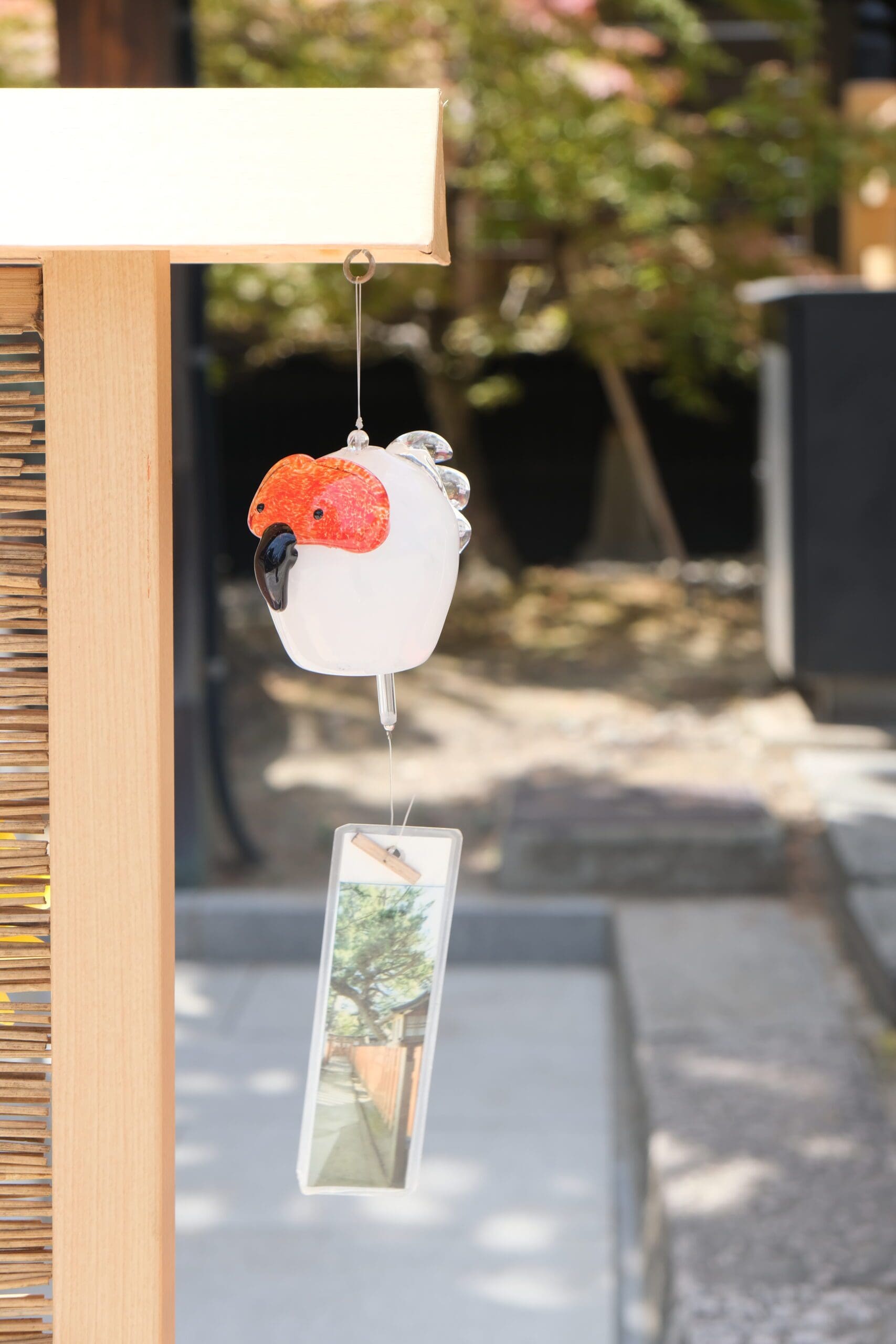
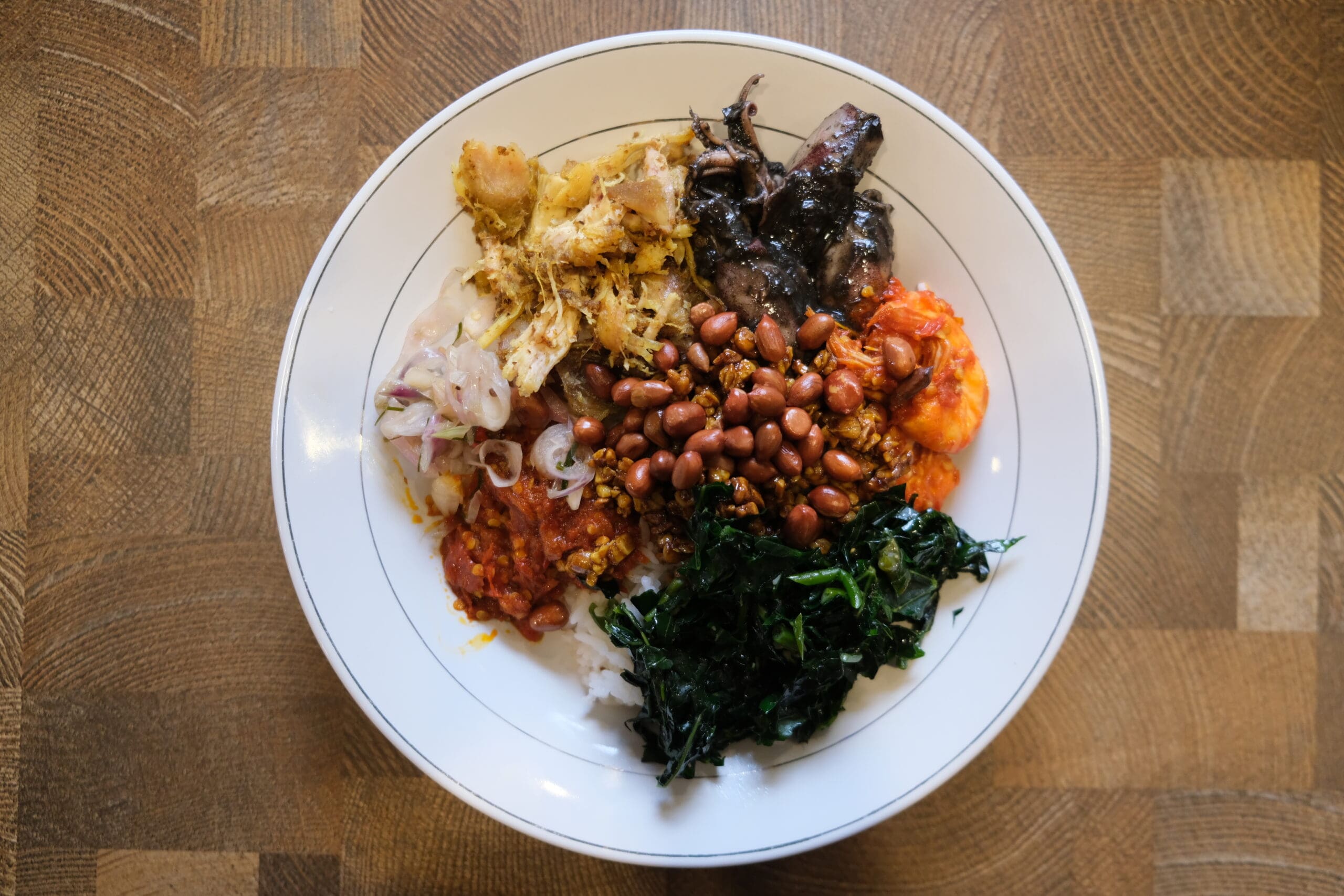
[…] for half a day. However, there were stalls – varying from Indian stuff like Indian snacks and henna art to more general-but-still-fun things like cotton candies and house […]
[…] Though I grew up with plenty of exposure to the Indian culture, I don’t remember seeing it before. Nor during the countless time I roamed around Little […]
[…] in the effort to capture moments of Little India — especially when the spicy food and henna art tattoo effects eventually fade […]
[…] Get henna on your hands. […]
[…] was a henna (temporary tattoo) session. The woman who was working on my hand was gorgeous. I asked her name, […]
[…] favorites from the Winter Night Market: Mulled Wine, Padre Coffee, Made in Japan homewares and Henna art. There are many things to see, do and buy here. Support the local business owners by either buying […]